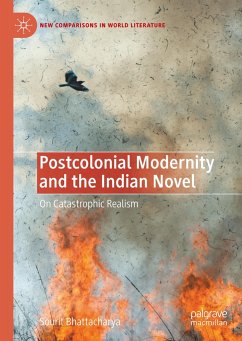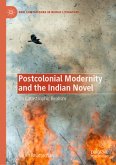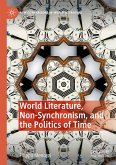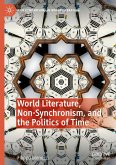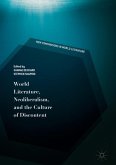This book argues that modernity in postcolonial India has been synonymous with catastrophe and crisis. Focusing on the literary works of the 1943 Bengal Famine, the 1967-72 Naxalbari Movement, and the 1975-77 Indian Emergency, it shows that there is a long-term, colonially-engineered agrarian crisis enabling these catastrophic events. Novelists such as Bhabani Bhattacharya, Mahasweta Devi, Salman Rushdie, Rohinton Mistry, Nabarun Bhattacharya, and Nayantara Sahgal, among others, have captured the relationship between the long-term crisis and the catastrophic aspects of the events through different aesthetic modalities within realism, ranging from analytical-affective, critical realist, quest modes to apparently non-realist ones such as metafictional, urban fantastic, magical realist, and others. These realist modalities are together read here as postcolonial catastrophic realism.
"Through insightful textual readings coupled with ample quotations from the texts under discussion, and offering brief contexts of the events of historical crisis, the book is successful in capturing the attention of global readers unfamiliar with the catastrophes and novels discussed in the book. ... This could be a promising avenue of inquiry for future scholars. The easy flow of writing and the profuse references to world literary works are sure to enlighten readers inside and outside the academy." (Avijit Pramanik, Postcolonial Text, Vol. 16 (1), 2021)

